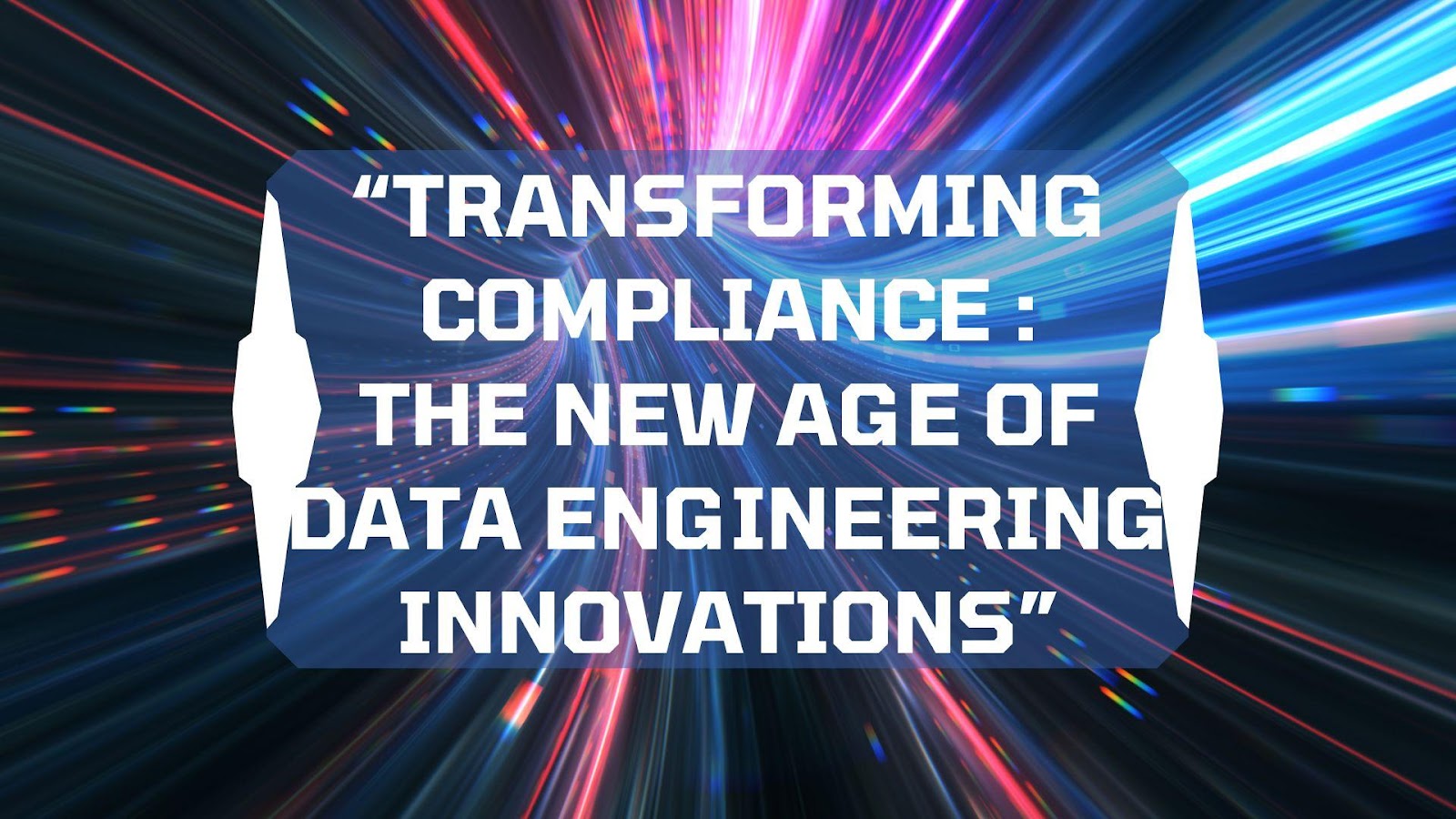Share Share Share Share Email In an era where data is growing exponentially, regulatory compliance has become a significant challenge for businesses across industries. Amarnath Reddy Chandra , specializing in data engineering, explores how cutting-edge technologies are revolutionizing compliance management. His insights reveal how innovations such as real-time monitoring, blockchain, and federated learning are enabling organizations to meet regulatory requirements while maintaining efficiency and security.
Real-Time Compliance Monitoring: A Proactive Approach Traditional compliance monitoring relied heavily on manual audits and batch processing, often leading to inefficiencies and delayed responses. The advent of real-time compliance monitoring systems has changed this landscape by integrating artificial intelligence and machine learning. These systems achieve an impressive accuracy rate of over 97% in detecting regulatory violations while reducing manual intervention requirements by more than 90%.

By processing compliance-related events in milliseconds, organizations can swiftly address potential breaches before they escalate. Blockchain: Reinventing Transparency and Auditability Blockchain technology has emerged as a game-changer in regulatory compliance by ensuring data integrity, security, and transparency. The implementation of distributed ledger technology allows for immutable record-keeping, significantly reducing audit preparation time.
Companies utilizing blockchain for compliance management have reported an 82% reduction in documentation queries from auditors. Additionally, smart contracts automate compliance checks, achieving a near-perfect accuracy rate while lowering compliance-related operating expenses by 67%. The integration of zero-knowledge proofs with blockchain frameworks enables selective disclosure protocols, maintaining confidentiality while satisfying regulatory requirements.
Multi-signature governance models have revolutionized approval workflows, creating tamper-proof audit trails for sensitive transactions. Real-time compliance monitoring through oracle-fed smart contracts provides unprecedented visibility into regulatory adherence across organizational boundaries. Cross-chain interoperability solutions are fostering standardized compliance protocols across diverse business ecosystems.
Tokenized compliance credentials streamline verification processes between regulated entities. Industry-specific blockchain consortia are developing compliance-as-a-service platforms, democratizing access to sophisticated regulatory technology for small and medium enterprises previously excluded from advanced compliance automation. Federated Learning: Privacy-Preserving AI for Compliance Federated learning is transforming compliance in highly regulated industries by enabling secure data sharing across multiple institutions without exposing sensitive information.
This machine learning technique ensures data privacy while maintaining high accuracy levels. Organizations that have adopted federated learning report a 95% reduction in raw data transfer requirements, leading to improved data sovereignty. In the financial sector, federated AI has enhanced fraud detection rates, processing thousands of transactions per second with minimal latency.
Overcoming Integration and Risk Management Challenges While these innovations offer remarkable benefits, their implementation comes with challenges, particularly in integration and risk management. Organizations must ensure compatibility between existing systems and new technologies. Studies show that firms investing in standardized integration frameworks experience a 73% reduction in compliance-related errors.
Additionally, automated risk management tools have significantly improved incident detection and resolution times, reducing compliance breaches by 80%. The Future of Regulatory Technology The evolution of data engineering in compliance management is set to accelerate in the coming years. AI-powered monitoring systems are expected to automate 82% of routine compliance checks, reducing operational costs while improving efficiency.
The widespread adoption of blockchain in regulatory reporting will further enhance transparency, cutting down reporting delays by 87%. Moreover, federated learning is poised to become a standard for cross-industry collaboration, enabling secure and scalable data processing across global enterprises. Quantum computing breakthroughs will revolutionize cryptographic security protocols, establishing new benchmarks for data protection frameworks.
Regulatory technology (RegTech) integration will advance through standardized APIs, fostering seamless ecosystem interoperability. Smart governance models incorporating predictive analytics will shift compliance from reactive to proactive enforcement. Edge computing architectures will enable real-time compliance verification for IoT devices.
Natural language processing advancements will automate regulatory interpretation across multiple jurisdictions, dramatically reducing legal assessment timeframes. This technological convergence promises unprecedented regulatory precision while simultaneously decreasing administrative burdens on enterprises. In conclusion, the intersection of data engineering and regulatory compliance marks a transformative shift in how organizations handle compliance obligations.
By leveraging real-time monitoring, blockchain, and federated learning, businesses can achieve regulatory adherence while driving operational efficiencies. Amarnath Reddy Chandra highlights the pivotal role of these technologies in shaping the future of compliance management, ensuring that organizations stay ahead in an increasingly complex regulatory environment. Related Items: Amarnath Reddy Chandra , Data Engineering Share Share Share Share Email Recommended for you AI-powered Data Engineering’s Game-Changing Impact on Business Strategy AI Bots In Data Engineering: Revolutionizing ETL Pipelines And Data Workflows By Sai Arundeep Aetukuri Architecting the Future: Innovations in Enterprise Data Engineering Comments.
Technology

TRANSFORMING COMPLIANCE : THE NEW AGE OF DATA ENGINEERING INNOVATIONS

In an era where data is growing exponentially, regulatory compliance has become a significant challenge for businesses across industries. Amarnath Reddy Chandra, specializing in data engineering, explores how cutting-edge technologies are revolutionizing compliance management. His insights reveal how innovations such as real-time monitoring, blockchain, and federated learning are enabling organizations to meet regulatory requirements while [...]The post TRANSFORMING COMPLIANCE : THE NEW AGE OF DATA ENGINEERING INNOVATIONS appeared first on TechBullion.















